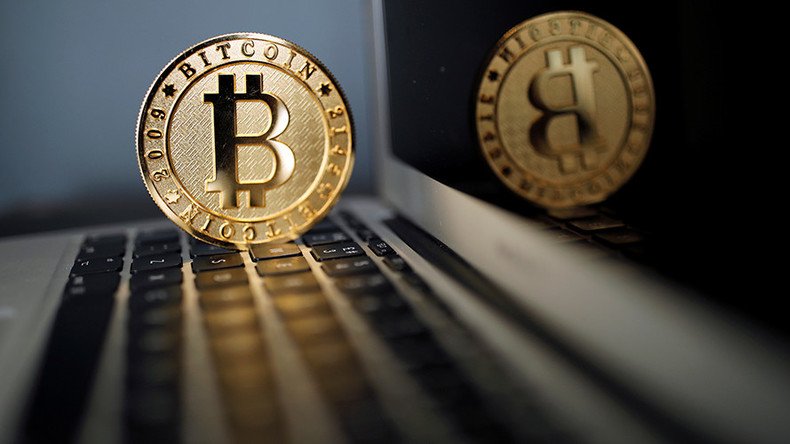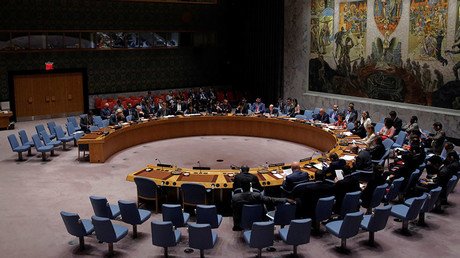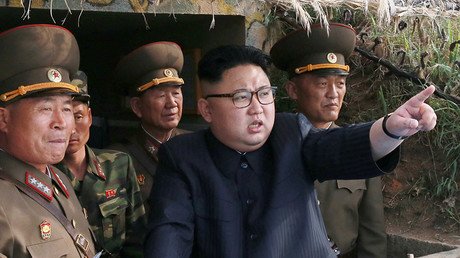North Korea suspected of hacking into bitcoin exchanges to get around sanctions

A report by cyber security firm FireEye suggests North Korean hackers are targeting cryptocurrency exchanges in South Korea in an attempt to avoid sanctions and fund “the state or personal coffers of Pyongyang's elite.”
According to FireEye, hackers linked to North Korea have stolen bitcoins from at least three South Korean cryptocurrency exchanges since May 2017. They used spear phishing — a fraudulent practice of sending fake emails – and dispersed malware to obtain virtual cash illicitly.
Cryptocurrency attacks by North Korea were first detected in 2016. In April, four wallets on the Seoul-based cryptocurrency exchange Yapizon were compromised, but could not be clearly linked to North Korean involvement. Yapizon announced losing 3,816 bitcoins or about $5.3 million. The company, however, did not disclose who it believed to be responsible for the crime.
North Korean hackers have also been suspected of intrusions into global banks in 2016.
“Now, we may be witnessing the second wave of this campaign: state-sponsored actors seeking to steal bitcoin and other virtual currencies as a means of evading sanctions and obtaining hard currencies to fund the regime,” said the report.
The UN Security Council’s (UNSC) sanctions against North Korea, "could be driving" the country’s interest in cryptocurrencies, said FireEye, explaining it as an attempt to obtain hard cash in exchange for stolen virtual coins.
The UNSC unanimously approved a new resolution on sanctions against Pyongyang on September 11 after the country conducted its sixth nuclear test last week.
Following a series of behind-the-scenes negotiations Sunday, diplomats agreed not to ban oil exports to North Korea. Instead, the ninth set of restrictive sanctions against Pyongyang authorized an annual cap of two million barrels of refined petroleum products to North Korea.
It also banned the North’s textile exports which are the second-biggest export for the country and worth $752 million, according to data from the Korea Trade-Investment Promotion Agency. Chinese and Russian negotiators managed to persuade the US delegation not to impose a travel ban or asset freeze on North Korea’s leader Kim Jong-un.
North Korea said before the sanctions were approved the US would face “pain and suffering” and Pyongyang was “ready and willing” to retaliate if the vote passed.














